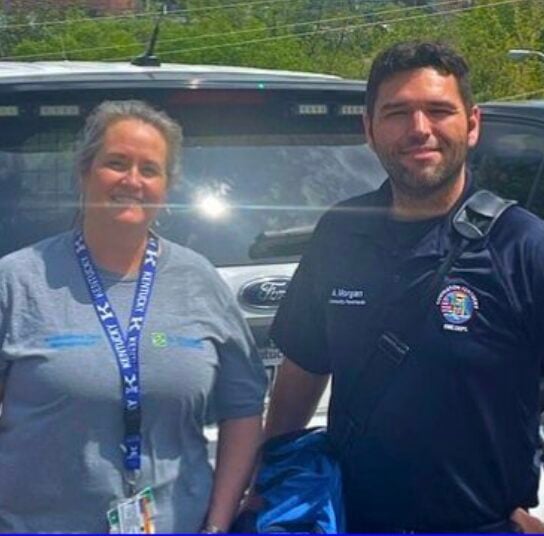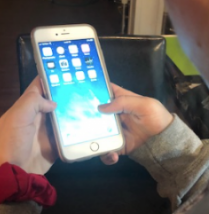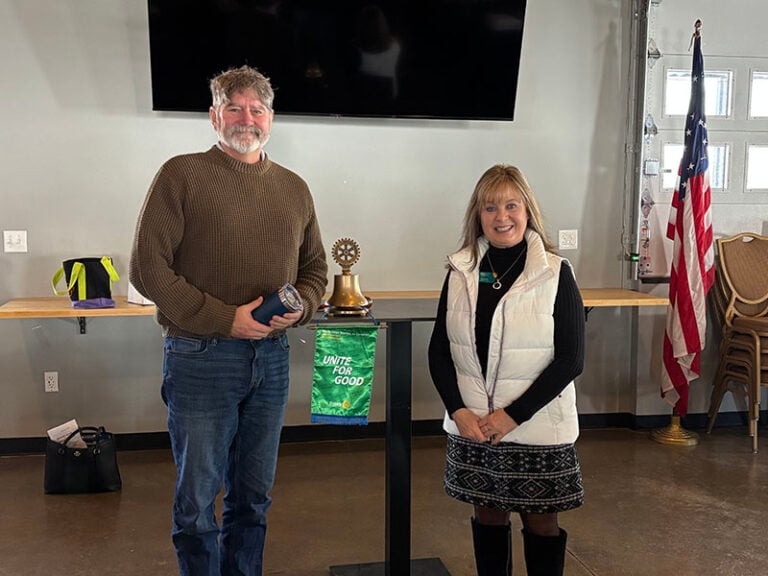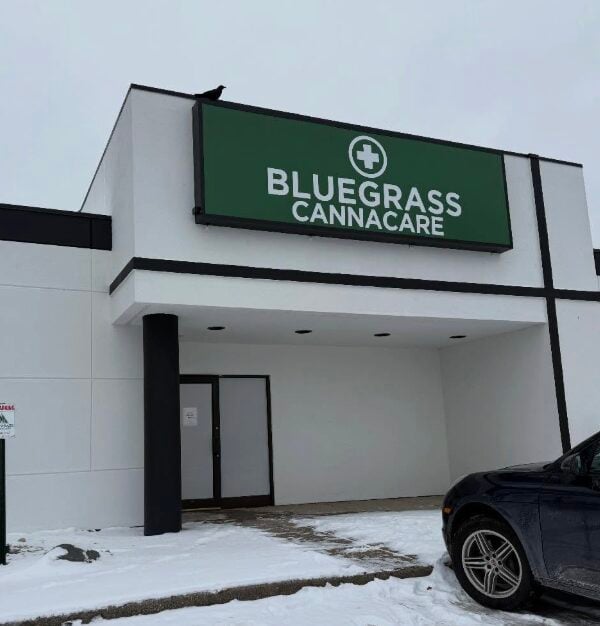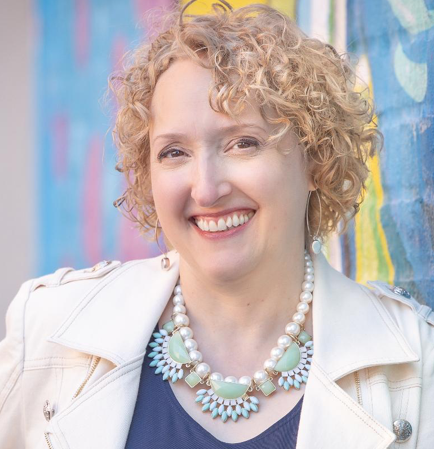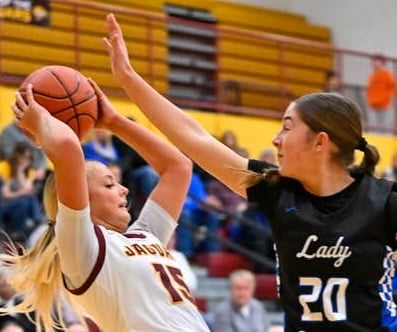Dr. Kyle Bryan
University of Kentucky
Every year, Poison Control Centers in the U.S. receive more than a million calls related to accidental poisonings in young children, and thousands are treated in emergency departments. A child is rushed to the ER roughly every nine minutes because they’ve accessed medication. During the holiday season, these incidents increase as families gather, routines shift, and visitors bring purses, coats, or travel bags into homes where young children are eager to explore.

Medication safety matters all year long, but the holidays create conditions that can heighten risk—especially when guests who don’t regularly spend time around children are involved. Even a brief distraction during a busy celebration can give a child the opportunity to access something harmful. With a few simple steps, families can help ensure that holiday cheer doesn’t turn into a preventable emergency.
Tips for Protecting Children from Accidental Ingestion
• Store medications up, away and out of sight: Keep all medications in high cabinets, locked containers, or safes—not on counters, dressers or nightstands.
• Know that child-resistant does not mean child-proof: Packaging designed to slow children down can still be opened by many kids. Treat it as a delay, not a guarantee.
• Ask guests about medications: When hosting, kindly remind visitors to keep any medications in secure, elevated places instead of bags or coat pockets left within reach.
• Keep medications in original containers: Many accidental ingestions occur when pills are stored in unmarked containers or weekly planners. If you use a planner, store it securely.
• Dispose of old or unused medications: Clearing out expired or unnecessary prescriptions reduces the chance of accidental access. Many pharmacies offer safe medication take-back programs.
• Save the Poison Control number (800-222-1222): It’s staffed around the clock and should be your first call in non-emergency ingestion situations.
• Avoid referring to medicine as “candy”: Today’s medications—especially gummies—can look appealing to children. Reinforce that medicine is only to be taken with an adult.
What to Do if a Child Ingests Medication
• Stay calm and check the child’s mouth for any remaining pills or items.
• If the child is unresponsive, having symptoms or appears distressed, call 911 immediately.
• If the child is alert and stable, call Poison Control (800-222-1222) for guidance.
• Identify what the child may have taken, how much, and when it occurred.
Taking time to review how medications are stored in your home—and preparing before guests arrive—can go a long way in preventing accidental ingestions. Your local pharmacist can also help with questions about safe storage or disposal.
Dr. Kyle Bryan, PharmD, is a practice implementation pharmacist and adjunct assistant professor of pharmacy practice and science at the University of Kentucky









